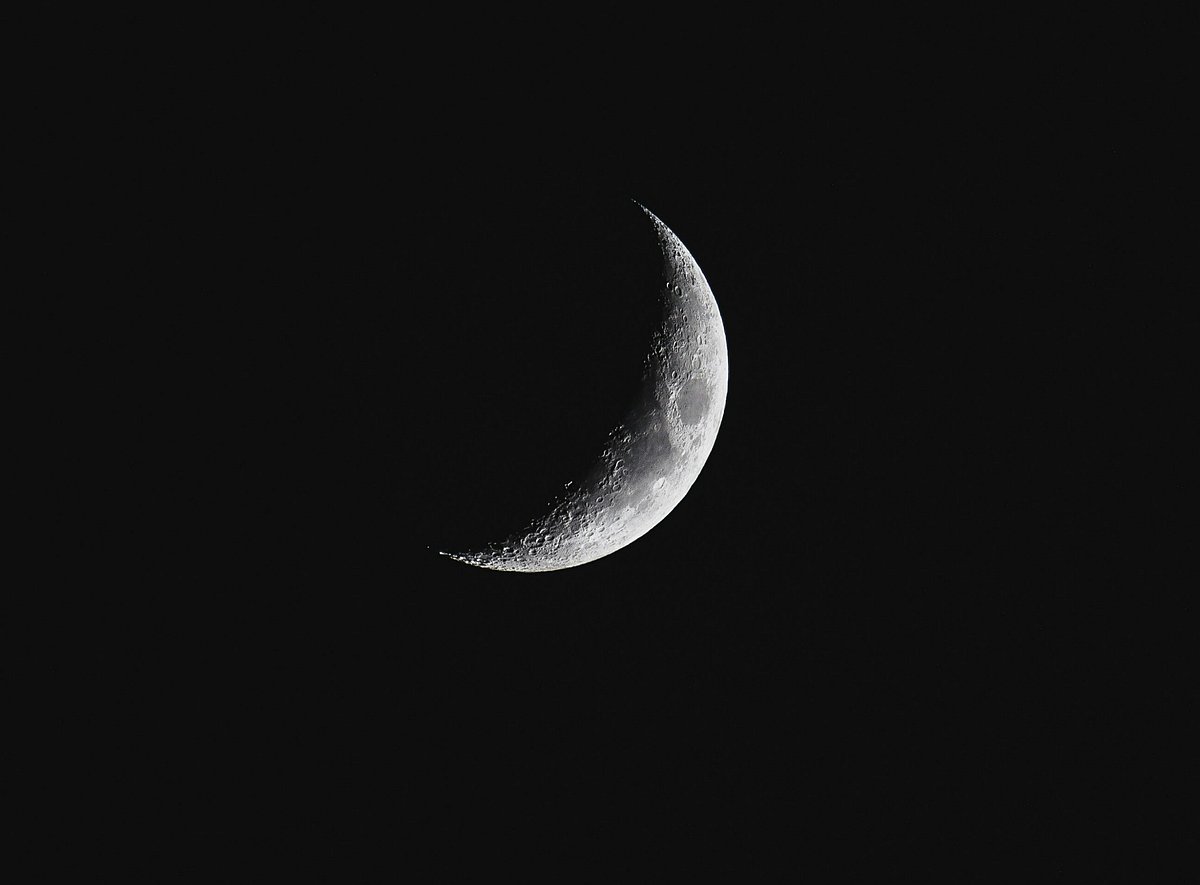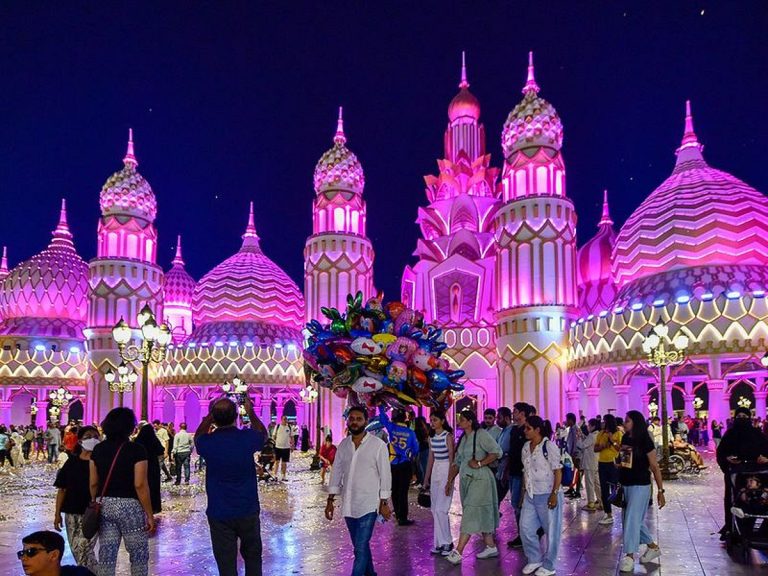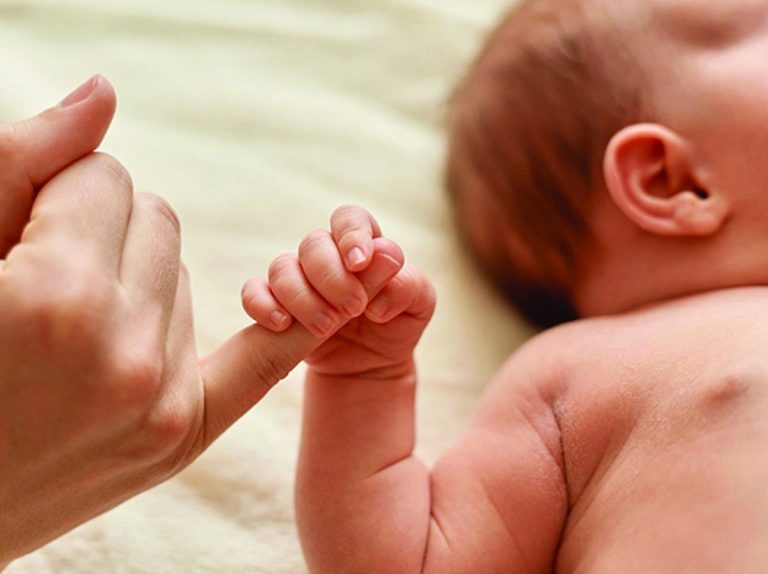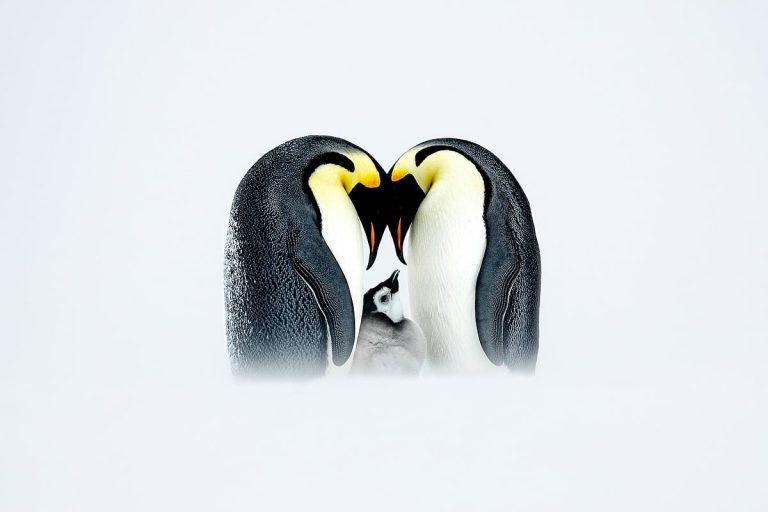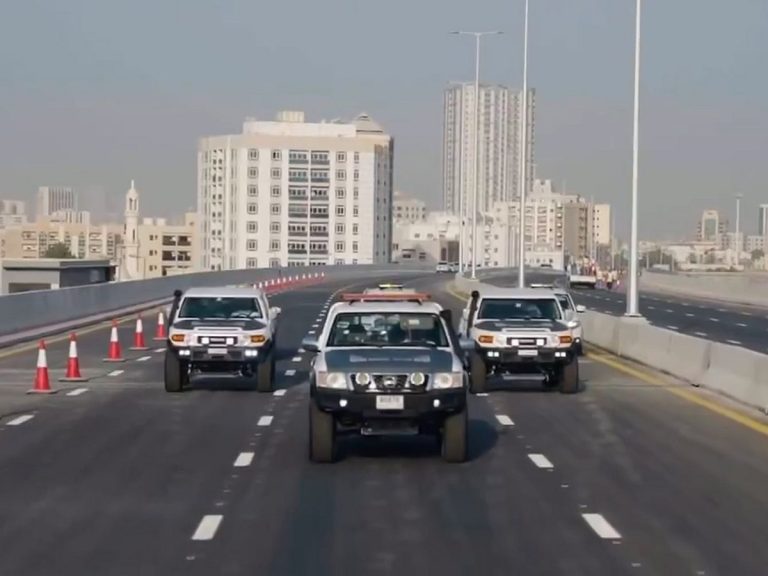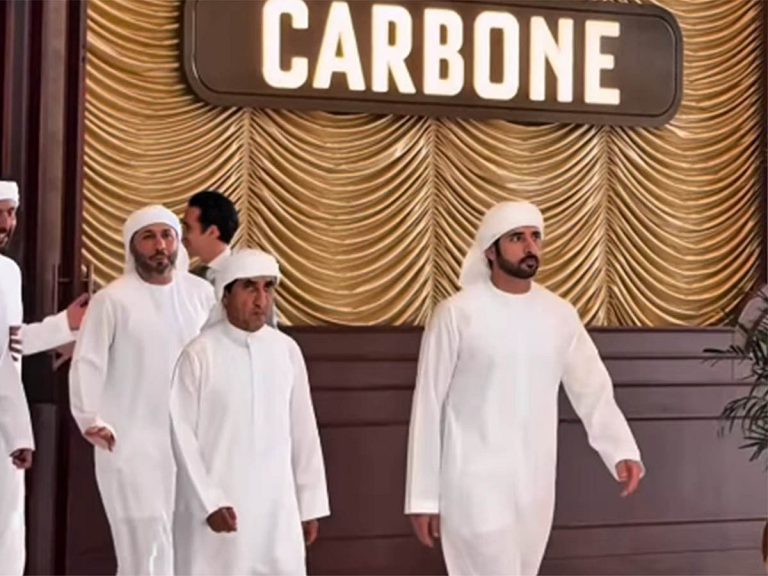Ramadan 2026 Expected to Start on February 19
As the Holy Month approaches, preparations are already underway among the Muslim community worldwide. Ramadan, a time for spiritual reflection and community, is expected to begin on February 19, 2026, according to astronomical calculations.
Expected Start Date
The precise start of Ramadan will be confirmed by the sighting of the new crescent moon. Experts anticipate that the new moon will be visible on February 17, 2026, making February 19 the most likely date for the commencement of fasting and prayer.
Significance of Ramadan
Ramadan, the ninth month of the Islamic calendar, is observed by Muslims through fasting from dawn until sunset. This sacred month encourages increased prayer, reflection, and community gatherings, fostering a sense of unity and devotion among participants.
Variability of Dates
It is important to note that while astronomical forecasts provide a guideline, the actual start date may vary based on moon sightings in different regions. The UAE government typically announces public holidays and confirms the start of Ramadan closer to the date, ensuring that the community is informed.
FAQs
When is Ramadan expected to start in 2026?
Ramadan is expected to begin on February 19, 2026, pending the sighting of the new crescent moon.
How is the start of Ramadan determined?
The start of Ramadan is determined by the sighting of the new crescent moon, which can vary by location.
What practices are observed during Ramadan?
During Ramadan, Muslims fast from dawn to sunset, engage in increased prayer, and participate in community gatherings to enhance their spiritual experience.
Conclusion
As the countdown to Ramadan 2026 begins, communities are preparing for this significant time of reflection and unity. While the expected start date is February 19, the official confirmation will come with the sighting of the new moon. Stay tuned for updates from local authorities as the date approaches.
The Islamic calendar is lunar-based, consisting of 12 months that total approximately 354 days, which is about 11 days shorter than the Gregorian calendar. This difference causes Islamic months, including Ramadan, to shift earlier each year in relation to the Gregorian calendar. As a result, Ramadan can occur in various seasons over the years, affecting the duration of daily fasting due to varying daylight hours. In regions closer to the poles, the length of the fast can be significantly longer during summer months, while shorter in winter.
The observance of Ramadan is not only a personal journey of faith but also a communal experience. Families and friends often gather to break their fast together at sunset, a meal known as iftar. Traditional foods vary widely by culture, with many regions incorporating local specialties into their meals. In addition to fasting, Muslims are encouraged to engage in charitable acts, known as zakat, during this month, emphasizing the importance of community support and compassion for those in need. Many mosques also host nightly prayers, known as Taraweeh, which are held after the obligatory evening prayer, allowing for additional spiritual reflection and community bonding.
The significance of Ramadan extends beyond individual practices; it is a time for Muslims to strengthen their faith and improve their spiritual connection. Many use this month to read the Quran, engage in self-discipline, and seek forgiveness. The end of Ramadan culminates in the celebration of Eid al-Fitr, a festival that marks the conclusion of fasting and is characterized by communal prayers, feasting, and the giving of gifts. This celebration reinforces the themes of gratitude and community, as Muslims come together to share their blessings and support one another.
As the anticipated start date of February 19, 2026, approaches, many in the Muslim community are already planning their observances and preparing for the spiritual journey ahead. Local mosques and community centers often organize events and educational programs to help individuals and families prepare for the month. This preparation includes discussions on the significance of fasting, the importance of prayer, and ways to engage in charitable activities. As the date draws near, the focus on community and shared values becomes increasingly prominent, highlighting the essence of Ramadan as a time for reflection, unity, and spiritual growth.
Also Read:
Dhafra Date Festival Showcases Emirati Culture and Innovatio
UAE Passport Ranked Among World’s Most Powerful Travel Docum

